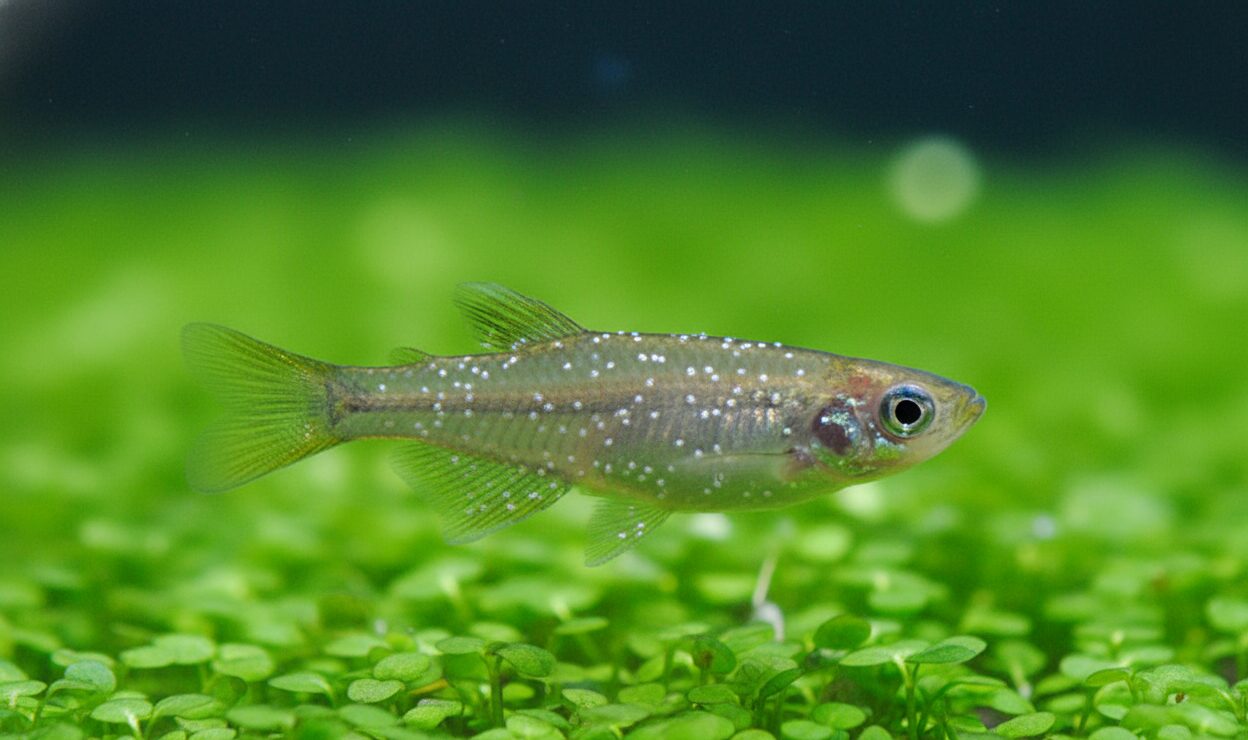
Recognizing And treating common medaka diseases
As a medaka enthusiast, you naturally want your ricefish to stay healthy and happy. Unfortunately, even these robust fish can occasionally get sick. The good news is that medakas are generally quite hardy fish that don't get sick easily, but it's important to recognize the signs of illness early. In this article, we'll discuss how to treat a sick medaka. Medaka recognizes and which diseases are most common. With the right knowledge, you can intervene quickly and get your fish healthy again.
How do you recognize a sick Medaka ricefish?
Your medaka's behavior often speaks volumes. A healthy medaka is active, swims lively throughout the aquarium, and shows interest in its surroundings and food. When a fish isolates itself, hangs apathetically in a corner, or floats at the surface without moving, this is a clear warning sign. You should also be alert if a medaka suddenly loses interest in food, even though it normally eats eagerly.
Physical changes are also important indicators of your medaka's health. Look for changes in your fish's color—a healthy medaka has bright, vibrant colors. Bleaching, dark spots, or a gray cast can indicate illness. Also, check the fins: are they folded, torn, or frayed? Check the body for swelling, white spots, mucus, or other abnormalities that aren't normally present.
Your medaka's breathing also provides a lot of information about their well-being. Healthy medakas breathe calmly and regularly. If you see a fish breathing rapidly, gasping for air at the surface, or moving its gills erratically, this could indicate oxygen deficiency, water quality problems, or an infection. Remember, early detection is crucial—the sooner you intervene, the greater the chance of recovery.
Common diseases in Medakas
Fungal infections fungal infections are among the most common problems in medakas, especially after injuries or in aquariums with poor water quality. You can recognize a fungal infection by white, cottony tufts on your fish's body, fins, or mouth. These fungi are often secondary infections that develop when the skin is damaged. Treatment consists of improving the water quality and adding an antifungal agent to the water. Salt can also help – a 0.3-0.5% salt bath for 10-15 minutes can work wonders.
 White spot disease (Ichthyophthirius multifiliis, also known as "Ich") is a parasitic infection that manifests as small white spots on the body and fins, as if your fish has been sprinkled with salt. Affected medakas often rub themselves against aquarium objects and exhibit skittish behavior. This disease is highly contagious and spreads quickly throughout the aquarium. Treatment requires increasing the water temperature to 28-30°C (if your other fish can tolerate this) and using specific medication for white spot. It's important to continue treatment even after the spots appear to have disappeared, as the parasite has several life stages.
White spot disease (Ichthyophthirius multifiliis, also known as "Ich") is a parasitic infection that manifests as small white spots on the body and fins, as if your fish has been sprinkled with salt. Affected medakas often rub themselves against aquarium objects and exhibit skittish behavior. This disease is highly contagious and spreads quickly throughout the aquarium. Treatment requires increasing the water temperature to 28-30°C (if your other fish can tolerate this) and using specific medication for white spot. It's important to continue treatment even after the spots appear to have disappeared, as the parasite has several life stages.

Fin rot and tail rot these are bacterial infections often caused by poor water quality, overcrowding, or stress. You'll see the edges of the fins turn white or red and begin to fray or rot. In severe cases, the infection can spread to the body. The best approach is prevention by maintaining excellent water quality, but if your fish are already affected, you must act quickly. Perform a large water change (50-75%), improve filtration, and use an antibacterial agent. Quarantining affected fish prevents the spread to healthy ones.
Recognizing and treating medaka disease doesn't have to be complicated if you know what to look for. The key to success lies in observation and prevention – keep your aquarium clean, ensure good water quality, and pay attention to your fish's behavior daily. Medakas are naturally strong and resilient fish, and with proper care, they usually remain healthy. Should anything go wrong, the knowledge in this article will allow you to intervene quickly and effectively. Remember that for serious or unknown illnesses, a veterinarian specializing in fish care can always provide the best help. Enjoy swimming with your healthy medakas!

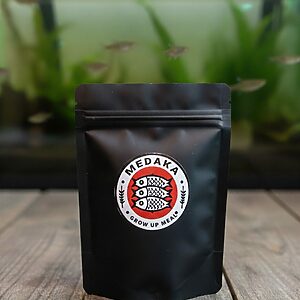
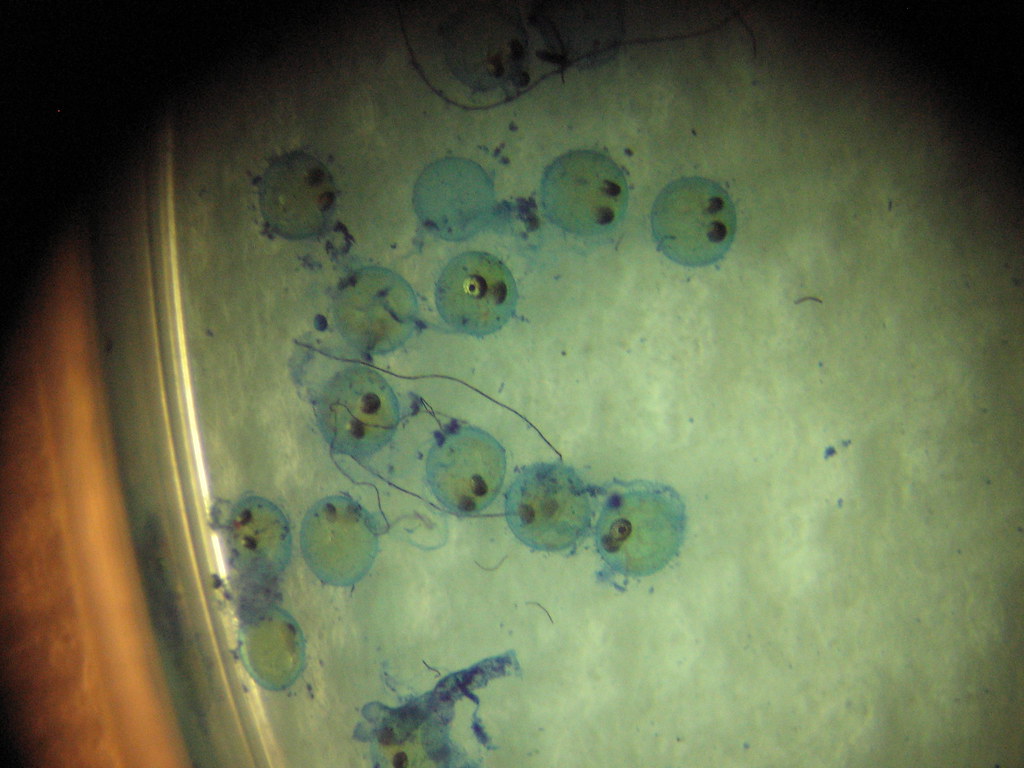
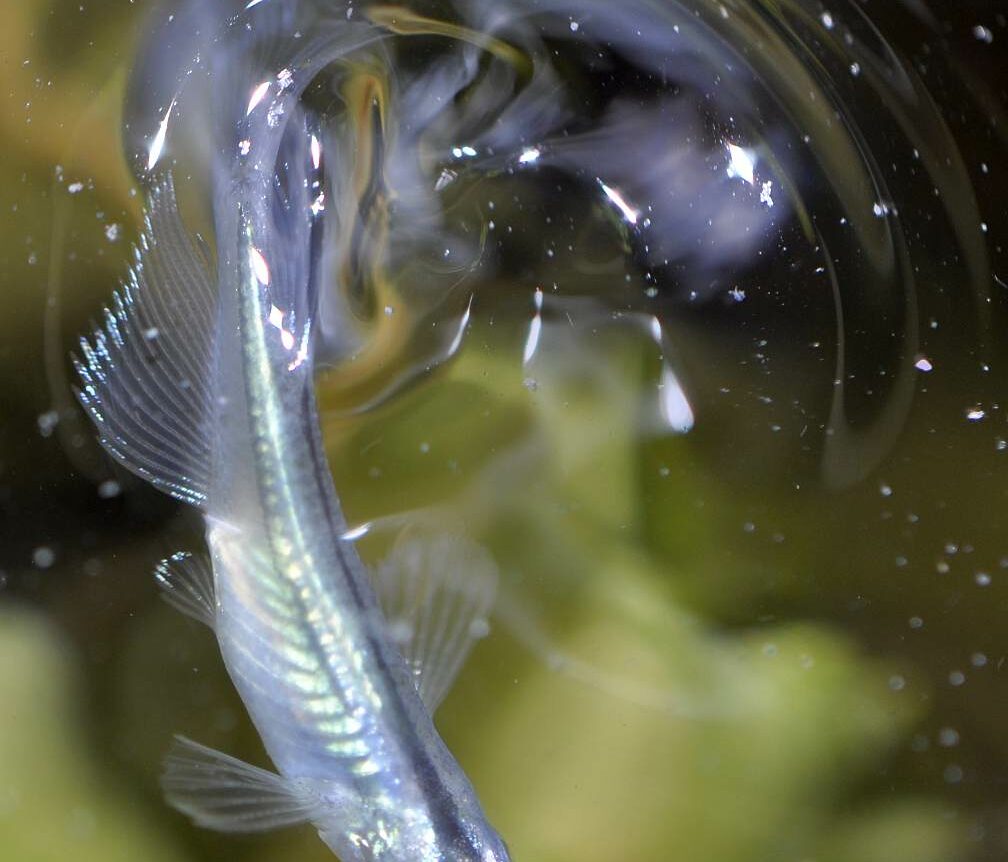

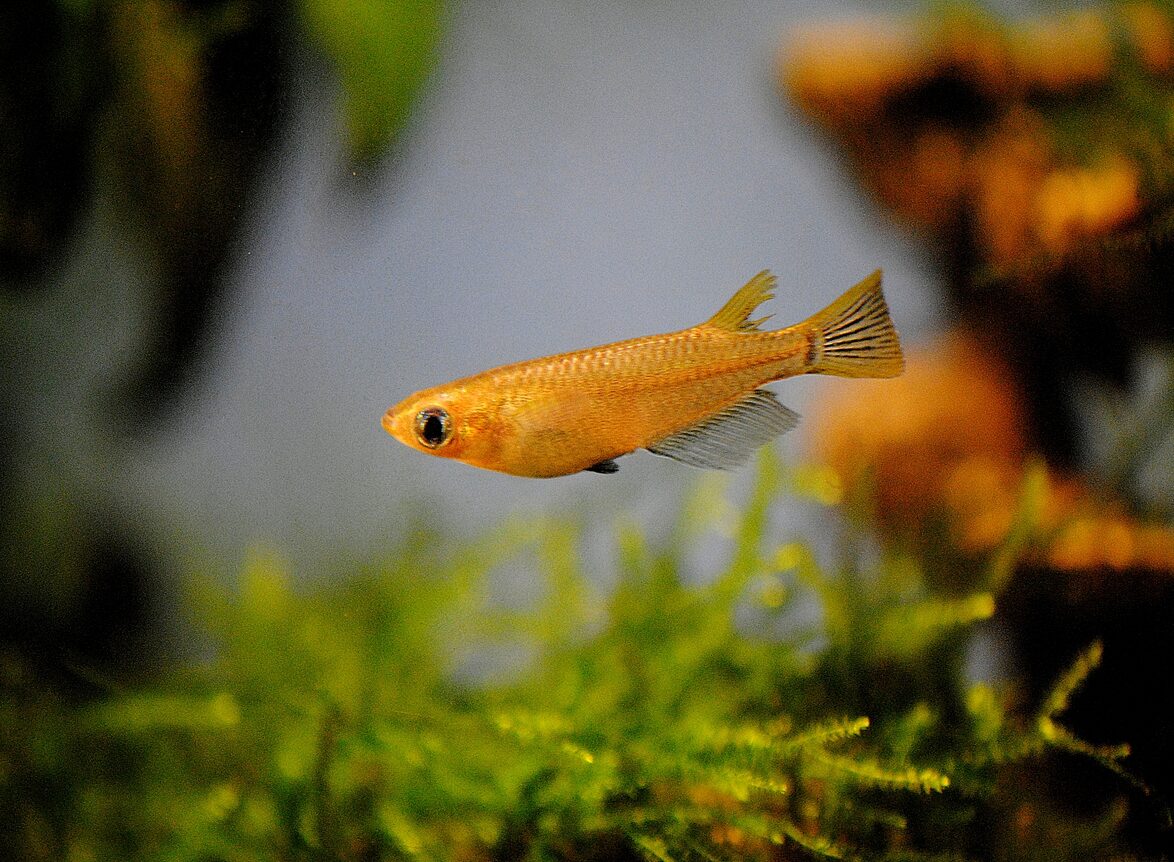
Leave a Comment
Your email address will not be published. Required fields are marked *